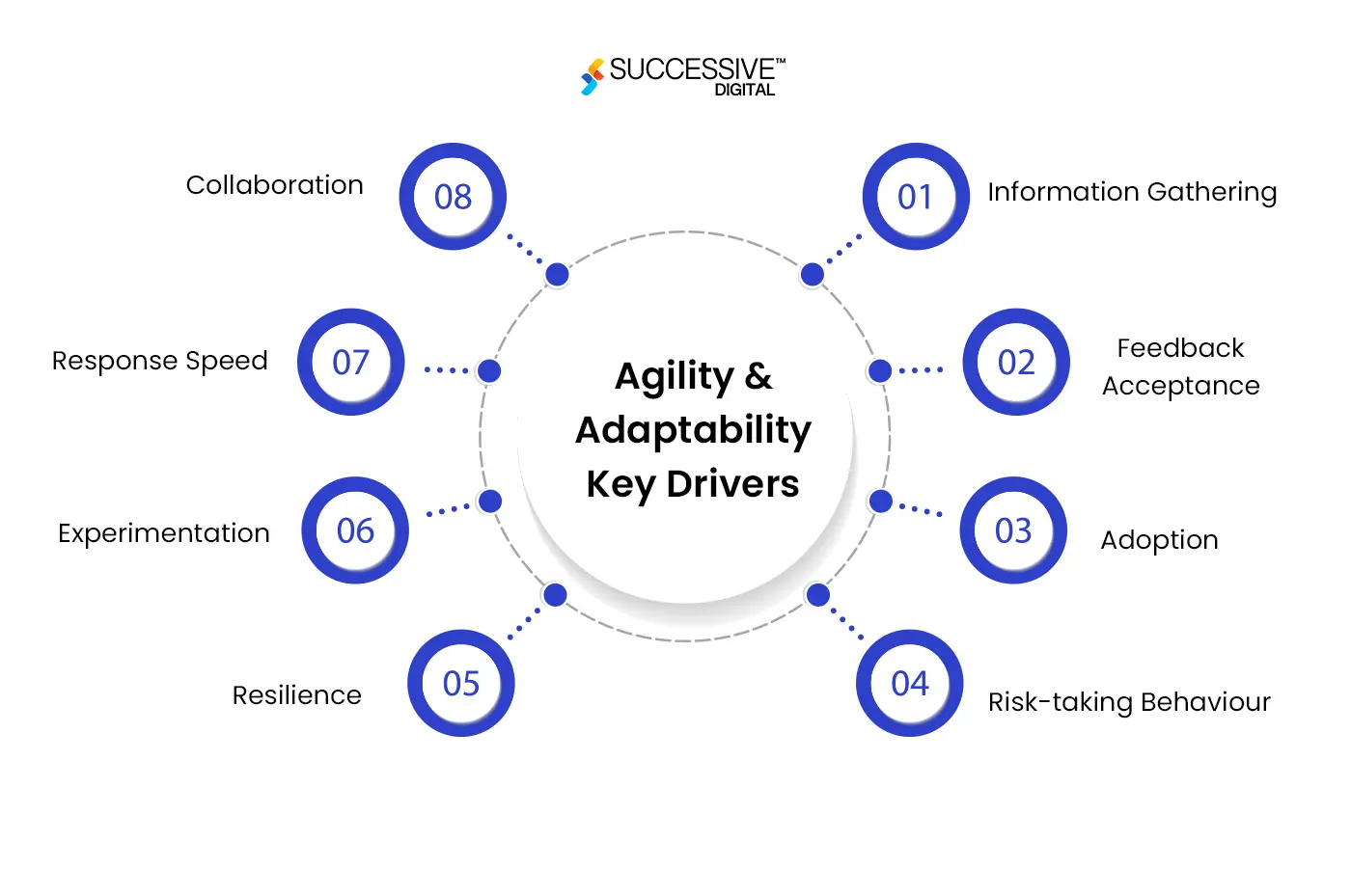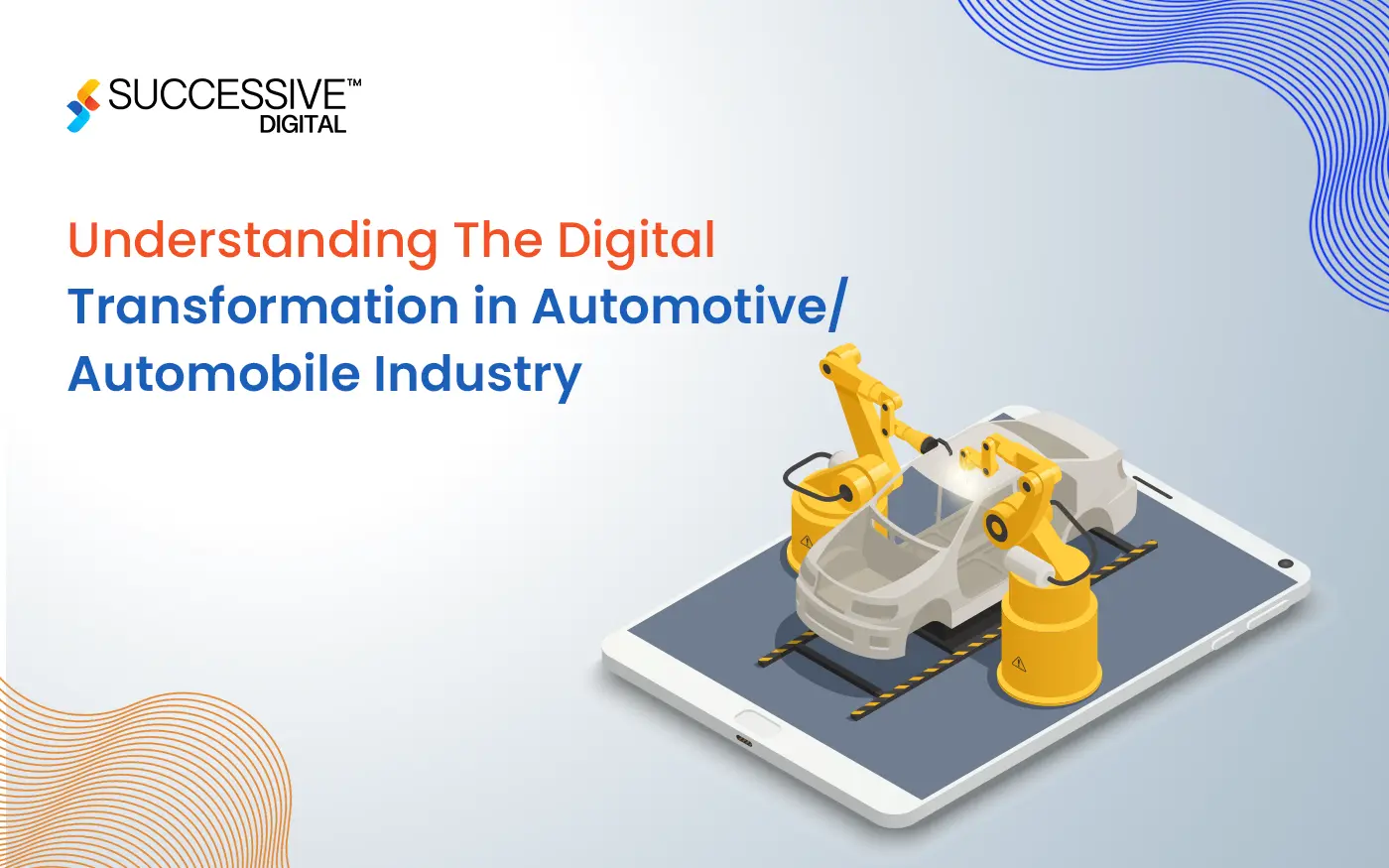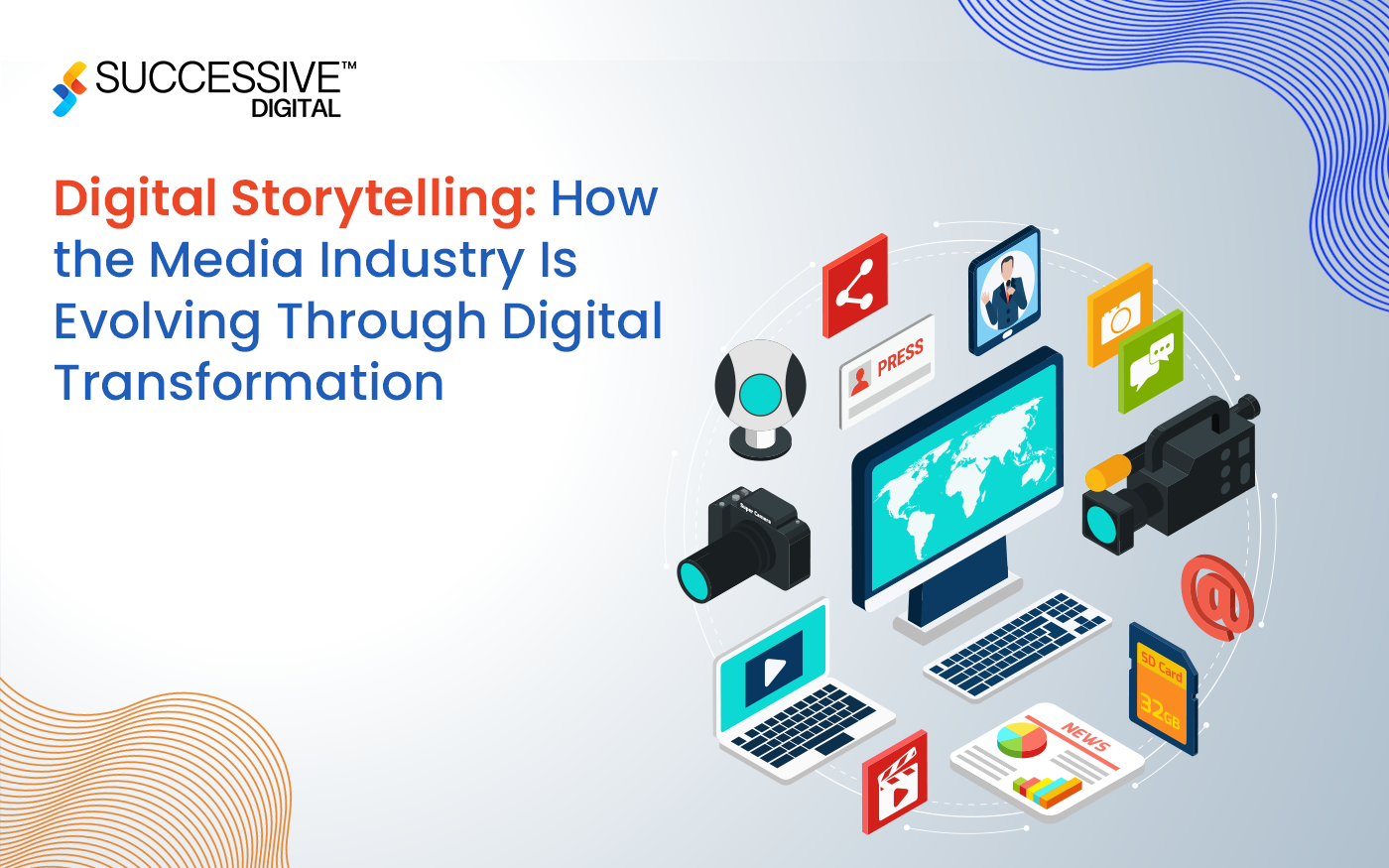Organizations face the persistent challenge of staying relevant and aggressive in the modern, competitive world. Advertising, a critical issue of any business strategy, has converted significantly with the introduction of digital technologies. Traditional advertising techniques are now insufficient to meet the demands of a digitally savvy target audience that expects personalized and instant interactions. Many businesses flip to digital strategy in advertising to navigate these complicated and dynamic surroundings. Specialized digital transformation consulting services extend support to companies offering the know-how and tools needed to integrate digital technologies into all areas of operation, fundamentally transforming how they perform and supply value to customers.
Digital transformation consulting uses the power of emerging technologies, data analytics, system optimization, and change management. These consulting companies help organizations use the strength of digital tools to enhance performance, innovation, and consumer experience. This transformation is especially critical in advertising, in which operational performance can drastically affect the effectiveness and ROI of advertising campaigns. By leveraging advanced technologies and data-powered techniques, digital transformation consulting enables organizations to streamline advertising and marketing methods, improve focus on personalization, and, in the long run, obtain better results.
Enhancing Advertising Through Data Analytics
One of the most impactful methods of digital transformation in advertising is using data analytics to improve advertising performance. In modern-day advertising, data is an essential asset that gives insights into customer behavior, alternatives, and trends. Digital transformation consultants assist organizations in setting up state-of-the-art analytics platforms that accumulate and examine vast quantities of information in real time. This information-centric technique allows organizations to make informed decisions and create targeted advertising campaigns.
For example, predictive analytics can forecast user behaviors by analyzing past information patterns. This functionality enables businesses to understand consumer desires and tailor their advertising campaigns, ensuring they reach the right audience at the right time. Moreover, segmentation as a crucial element of digital transformation services helps divide the user base into distinct groups primarily based on multiple criteria, which include demographics, buying behaviour, and interest. By knowing those segments, companies can expand customized advertising techniques that resonate efficiently with each group.
Real-time data analytics also provides continuous feedback on campaign performance, offering a level of precision and agility that reassures the effectiveness of marketing strategies. For instance, if a particular ad is not performing well, data analytics can highlight the issue, whether the ad placement, timing, or creative content is relevant or not, and suggest necessary modifications. This level of precision and agility in advertising not only enhances performance but also maximizes the RoI.
Improving Collaboration and Communication
Effective marketing hinges on seamless collaboration and data exchange among stakeholders, including marketing teams, businesses, and media consumers. Digital strategy consulting services can improve these elements by implementing integrated conversation structures and collaboration tools tailor-made to the needs of advertising operations. One such technical solution is using a task management software program, which centralizes all project-associated information, enabling businesses to track progress, assign duties, and control cut-off dates in real-time.
For instance, tools like Asana or Trello offer features such as task assignments, deadline tracking, and progress visualizations through dashboards and Gantt charts. These features ensure that everyone involved in an advertising campaign is in sync with the project timeline and objectives. Moreover, version control systems like Git and collaborative platforms like Google Workspace enable multiple team members to work on documents and creative assets simultaneously, significantly reducing the delays often caused by miscommunications and multiple file versions.
In addition to project control tools, digital transformation in advertising also extends platforms like Slack or Microsoft Teams for seamless data exchange and better operations. These structures facilitate on-the-spot messaging, video conferencing, and document sharing, ensuring that every group member can communicate and collaborate efficaciously, regardless of their vicinity. By enhancing the benefit and speed of communication, these tools help manage workflows, lessen misunderstandings, and accelerate decision-making tactics. This integrated method of collaboration and communication not only complements operational performance but ensures that advertising campaigns are completed smoothly, leading to better results.
Ensuring Agility and Adaptability

Digital transformation in advertising provides agility and adaptability as vitals for staying competitive. It empowers marketing professionals by integrating flexible technologies and methodologies into their operations, enabling them to stay in control and capable of competing with competitors. One such empowering approach is the implementation of agile methodologies along with digital strategy consulting services, commonly used in software development, which can be applied to advertising strategies.
Agile frameworks, such as Scrum or Kanban, provide a sense of reassurance as they involve iterative improvement and daily feedback loops. This way, marketing and advertising campaigns can be constantly examined, evaluated, and refined based on real-time performance data. For instance, a Scrum-based approach breaks down the campaign development process into manageable sprints, allowing for frequent reassessments and changes. This iterative process ensures that campaigns remain responsive to market changes and evolving customer preferences, providing a sense of security in their performance.
Furthermore, digital transformation consultants often recommend using cloud-based technologies. Platforms like Amazon Web Services (AWS) or Microsoft Azure provide scalable resources that can be quickly adjusted to meet conversion demands. This scalability is essential for handling fluctuating statistics and allowing the fast deployment of new advertising equipment and applications.
Additionally, leveraging machine learning (ML) algorithms can enhance adaptability by offering predictive analytics and automated decision-making competencies. This technology can analyze developments and patterns, permitting agencies to modify their strategies proactively in anticipation of market shifts. By integrating these technical answers, digital transformation consulting guarantees that advertising operations are not only more agile and adaptable but also better prepared to navigate the complexities of the digital marketplace, ultimately leading to more effective and well-timed campaigns.
Digital transformation consulting is a powerful device for improving advertising operational performance. By harnessing the capabilities of digital transformation services along with data analytics, automation, AI, and collaborative tools, organizations can improve their advertising strategies, increase customer satisfaction rates, and obtain higher ROI. As the digital ecosystem continues to evolve, the guidance and expertise of digital transformation consultants can be worthwhile in assisting organizations to navigate the complexities of modern advertising and stay competitive in the market.












